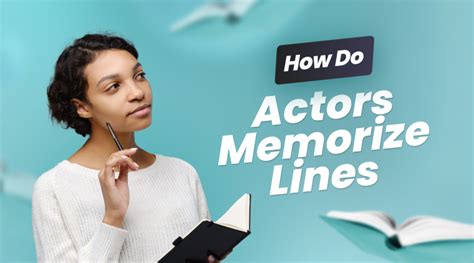Memorizing lines is a fundamental part of an actor’s craft, but it is often misunderstood as a purely rote activity. The reality is far more nuanced and engaging, involving deep emotional and psychological processes. Renowned actor Michael Caine captures the essence of this with his advice to ‘take it off the other actor’s face,’ implying that genuine interactions and responses are key to a natural performance. Caine’s advice underscores a critical aspect of acting: it’s not just about remembering words but about responding authentically. In doing so, actors cultivate an ability to remain present and in the moment, which enhances both the richness and believability of their performances.
The Meisner Technique is an illustrative example of how actors train to achieve this level of presence and responsiveness. Sanford Meisner’s approach emphasizes repetition and emotional truth. Actors repeatedly exchange lines back and forth, focusing less on the words themselves and more on the emotional currents and subtexts that underlie them. This technique goes beyond simple textual analysis, encouraging actors to drop their social inhibitions, engage deeply with their own and their partner’s emotions, and respond truthfully. It’s akin to improvisation, but with structured goals and close attention to naturalism. The end result is an ability to deliver lines that feel spontaneous and real, even after numerous repetitions.
Not all actors resonate with the Meisner Technique. Some find its methods tedious or unrelatable. One commenter shared their dissatisfaction with the technique, finding it overly indulgent and disconnected from practical acting demands. For some actors, especially those with extensive professional experience, alternative methods can be equally effective. For instance, learning lines by rote in a monotone, as opposed to infusing them with premature emotion, can free an actor to evoke genuine feelings in the moment of performance. However, rote memorization without emotional connection can lead to performances that lack depth and spontaneity, as discussed by another commenter who criticized its effectiveness in connecting actors to their lines authentically.
The discussion of different memorization techniques isn’t limited to acting. Practices like deep engagement and emotional alignment are equally relevant to other fields, including public speaking and cognitive learning. For example, a public speaking coach might advise clients to become deeply familiar with their material in a way that mimics conversational flow, making it easier to recall and deliver naturally. This method leverages the speaker’s innate speaking style, reducing anxiety and enhancing authenticity. In a similar vein, memory champions often emphasize understanding the material fully, drawing connections, and creating vivid mental imagery to aid in recall.
In the broader context of education and personal development, the principles behind these acting techniques can be transformative. Whether it’s memorizing a speech, learning a new language, or studying complex academic material, engaging deeply with the material, understanding its context and subtext, and practicing through repetition can significantly enhance retention and recall. This perspective resonates with the idea that deep understanding is a crucial component of effective learning. The notion is supported by both traditional practices—like those in religious oratory where sacred texts are memorized through repetitive, meaningful engagement—and contemporary cognitive psychology, which underscores the importance of active, meaningful engagement for long-term memory formation.
In conclusion, the art of memorizing lines goes far beyond mechanical repetition. It is an intricate dance of understanding, emotional engagement, practice, and natural responsiveness. Whether through the Meisner Technique, Michael Caine’s methods, or personalized strategies developed through experience, actors bring words to life by immersing themselves in the full emotional and psychological landscape of their characters. The lessons they learn and the techniques they perfect can offer invaluable insights for anyone looking to improve their memory and communication skills, proving once again that the art of acting is deeply interconnected with the science of the human mind.


Leave a Reply